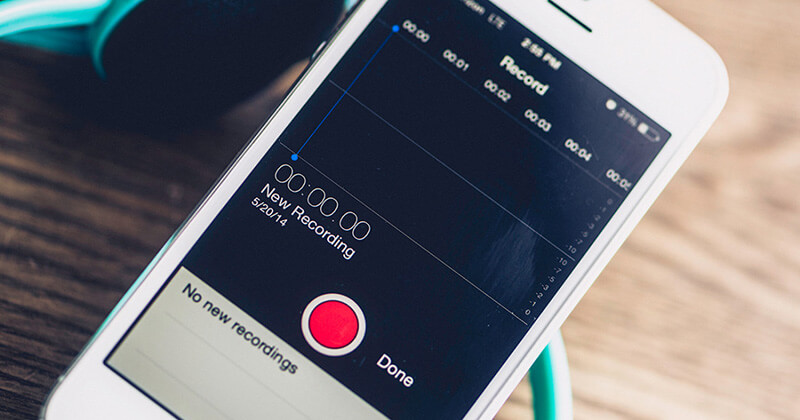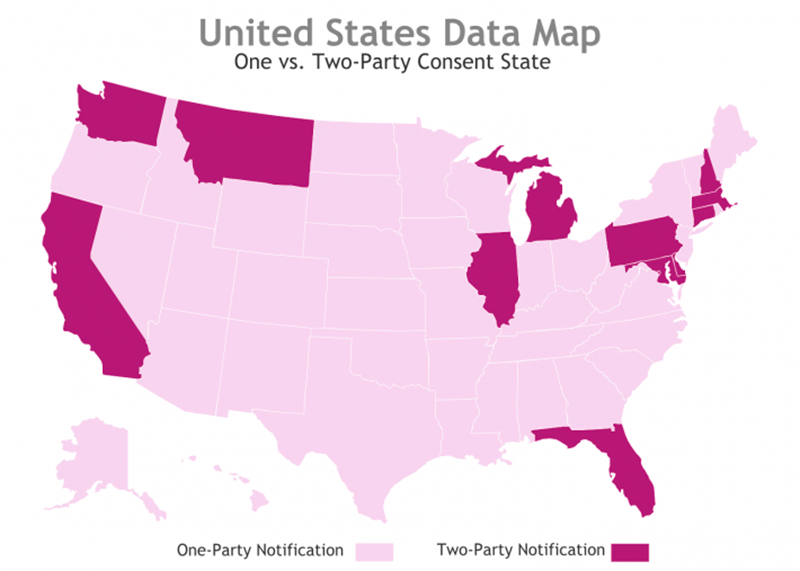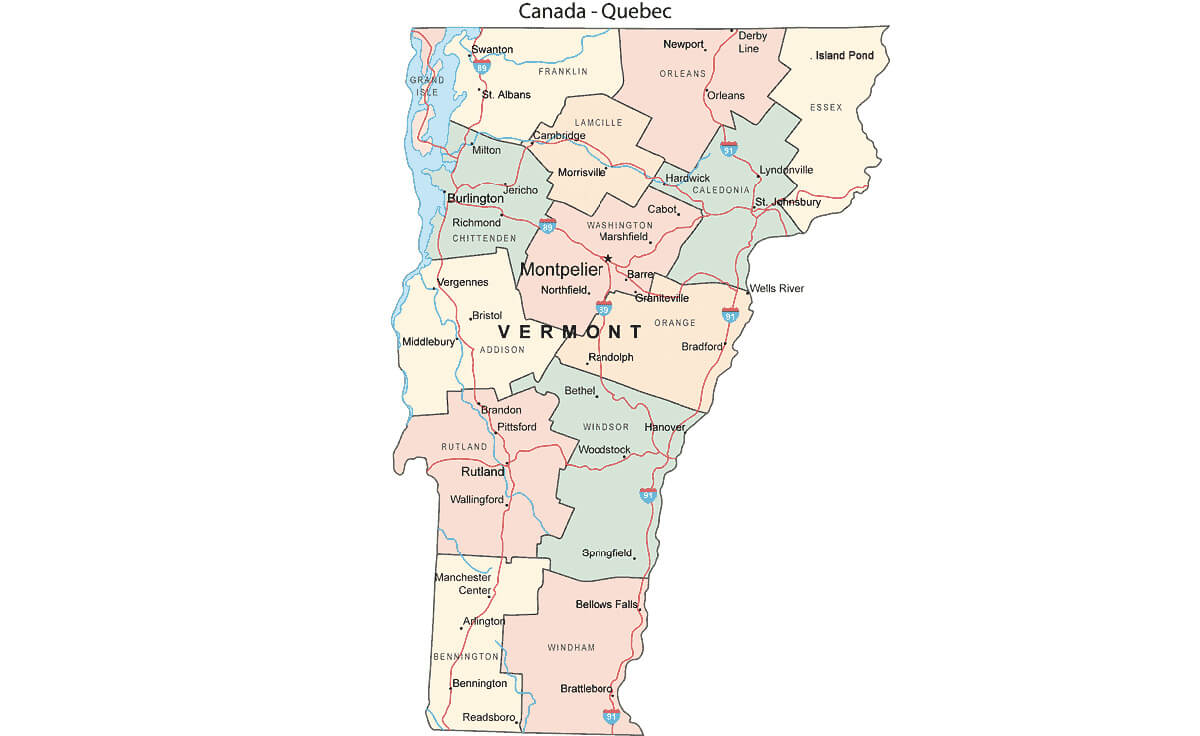Is It Legal To Record Phone Calls? Call Recording Laws by State Guide
Phone recording might not be as dramatic as it is in the movies, where two FBI agents are cramped up in an old van with high-technology equipment. In reality, there are a lot of federal and state wiretapping laws that every organization must comply with to record calls legally. These recording laws are not limited to criminal cases, but also affect every person or organization that wants to record calls for information or research purposes. Before you wiretap calls, you should know what the laws are in your state.
There are a number of circumstances that allow the recording of phone calls. These laws differ according to the person whose call you want to record. The rules also change when the conversation is being recorded between a private citizen and a non-government organization.
What does wiretapping mean?
When we talk of wiretapping, you only think of taping phone calls, but there’s more to it. Wiretapping means recording all types of electronic communications, including telephone calls, cellular calls, fax, and any internet-based communications. You either place a bug on the connection without a person noticing, or there are technologies built into the system that allow you to tap communications.
Another type of call recording is between two individuals or between one individual and a representative of a company. It is covered under S18 U.S.C. 2511 (2)(d), which says that only one person has to give consent to record the call.
If you are a business wanting to record inbound and outbound calls for training, quality assurance, or research purposes, you need to know the rules and regulations of every state you deal in.

Most states follow the one-party consent law for recording phone calls, but some have strict regulations, which makes it almost impossible to record calls.

Two-party consent states
In 12 states of the US, you need to have two-party consent to be able to record phone calls. The legality of recording conversations changes a bit if you are recording the conversation during a conference or a meeting. In such circumstances, you need the consent of all members attending the meeting. Here’s a list of the 12 states that require two-party consent.
1. California
2. Connecticut
3. Florida
4. Illinois
5. Maryland
6. Massachusetts
7. Michigan
8. Montana
9. Nevada
10. New Hampshire
11. Pennsylvania
12. Washington
A few of these states need the caller to verbally mention to the receiver that they are recording the call. You have to notify them during the call, otherwise, you might be prosecuted as per criminal or civil laws.
If the call is interstate, it is best to opt for a two-party consent before recording the call. It not only signifies that you are adhering to the laws of both states, but also protects you against litigation.
There’s no state where recording phone calls is illegal, but phone call recording laws are quite unclear in Vermont. The state isn’t one of the one-part or dual party consent states, but that doesn’t mean you can record calls without consent.
Are you punishable in Vermont for recording calls?
Yes, if you don’t take consent of all parties involved in the phone recording, you are punishable by law in Vermont. According to Justia, the Vermont Supreme Court considers an unlawful invasion of privacy if law enforcement officials make a warrantless recording of a conversation inside someone’s house.

Is it illegal to record phone calls without consent? You already know what the answer is going to be. If you don’t have consent, it is almost always illegal and punishable by law. The federal government and many state laws don’t allow you to place a recording device or a bug without informing everyone involved in the process.
If you still decide to record illegally and plan to disclose it to the public, it is also considered an illegal activity, which means you can still be punished.
If you want to avoid all the unnecessary drama, it is best to reveal your intentions and take consent from other people who are involved in the call.
1. Be open and honest to comply with call recording laws
The Digital Media Law Project says that you should reveal your intentions of recording the call beforehand to avoid any unforeseen consequences. Don’t hide the recorder or camera, that is an illegal action that you will not be able to defend.

2. Listen to the call carefully
Make sure that every word you or the other person speaks is loud and clear. If you aren’t sure what the other person said, ask them to repeat the words. It is this information that you will be decoding later.
3. Speak clearly and don’t mumble
As the person in charge, be clear, so that the other person understands you properly. Before starting the conversation, ask the person to tell you if they didn’t understand something you said.
4. Make everyone’s identity known
This is especially important if you are recording a conference call. Before you start the discussion, make every person reveal their identity.
Always follow the legal rules and stay out of trouble. It’s easy to do, and if you’re unsure about whether you can record in a particular situation, it is a good idea to research the matter first.